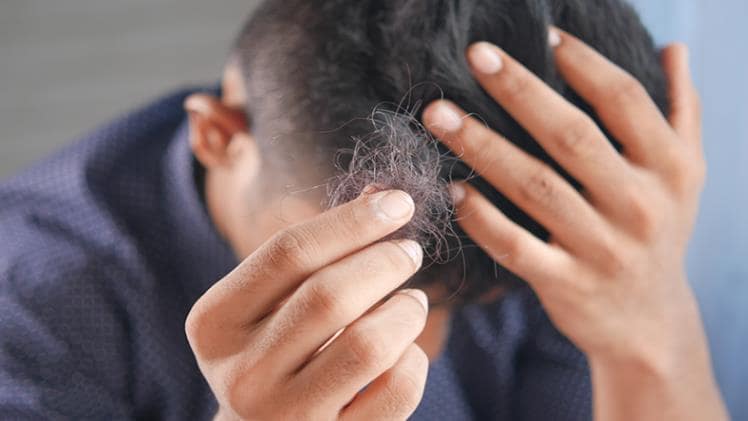Before you use Rogaine Minoxidil, it is essential to know the side effects. It is a topical solution that can have unpleasant side effects. Besides causing skin irritation, Rogaine can also cause problems with your sexual life. Knowing about these side effects is crucial, as you should weigh the risks against the benefits.
Rogaine Minoxidil is a topical treatment for male pattern baldness:
Rogaine is a topical treatment for male pattern hair loss that contains the chemical Minoxidil. The FDA approves rogaine for the treatment of male pattern baldness. Although the exact mechanism of this compound’s action is still unclear, it is believed to be effective in increasing hair growth. This ingredient relaxes the smooth muscle in blood vessel walls, causing more blood to flow to follicles. Therefore, Rogaine is effective in reducing hair loss and regrowing hair.
Rogaine can be used on both males and females. The only difference is how the two types of products are applied. Both men and women must apply the lotion regularly to see results. Rogaine India should be used for at least four months to see the results. The treatment should be discontinued if you experience chest pain, a fast heartbeat, or any other side effects. Moreover, you should also know that Rogaine can cause changes in hair colour and texture.
Rogaine, an OTC product containing Minoxidil, is one of the most popular topical treatments for male pattern baldness. Its active ingredient, Minoxidil, acts as a vasodilator by widening blood vessels and increasing blood flow to the hair follicles. Rogaine is available in two strengths, 2% and 5%, and is applied to the scalp twice a day.
It is an antihypertensive:
Rogaine Minoxidil is an antihypertensive drug that inhibits blood vessels’ production. The effects of Minoxidil on blood vessels are so strong that they can even cause angina. However, it is essential to remember that this medication should be taken only under a doctor’s supervision. Moreover, it may cause serious side effects like reflex tachycardia, angina, and excessive hypotension.
Minoxidil is an antihypertensive drug that can cause cardiac lesions in animal models. Some of these lesions may be related to drugs such as isoproterenol and hydralazine. Patients with heart failure and congestive heart failure should be monitored closely, as Minoxidil may cause a rapid decrease in blood pressure. Moreover, it may worsen the condition of the kidneys if taken with other drugs.
Rogaine Minoxidil is an anti-hypertensive and a vasodilator drug. It promotes hair regrowth by slowing the loss of hair. It is available as a generic drug under the brand name Rogaine. It is effective for both men and women suffering from alopecia. It is available in 2% and 5% concentrations and in topical and oral versions.
It may cause skin irritation:
There have been several reports of allergic reactions caused by Rogaine, but most cases are mild and localized. In most cases, these reactions are a form of contact dermatitis. They are caused by the substance propylene glycol, which is used to increase solubility and make the medication more absorbable. In some instances, the reaction may result in generalized rash and swelling.
Rogaine should not be used on sun-burnt or irritated skin. It is essential to wash hands thoroughly after applying the solution. If you’re applying Rogaine Minoxidil as a topical foam, ensure you don’t touch the application site. You should wait at least two hours before applying for the next application. To avoid missed applications, try to set a reminder on your phone or calendar. Wash your hands well after applying the cream, so the product doesn’t get on your clothes.
Rogaine Minoxidil may cause skin rashes and itching, especially in people with specific baldness. It can also cause redness, itching, and swelling in the hands and feet. Additionally, it may cause a change in the colour and texture of the hair. Women should not use Rogaine Minoxidil if they are pregnant or breastfeeding. They should also be aware that Minoxidil can cause fluid retention, so they should discuss this with their healthcare provider.

